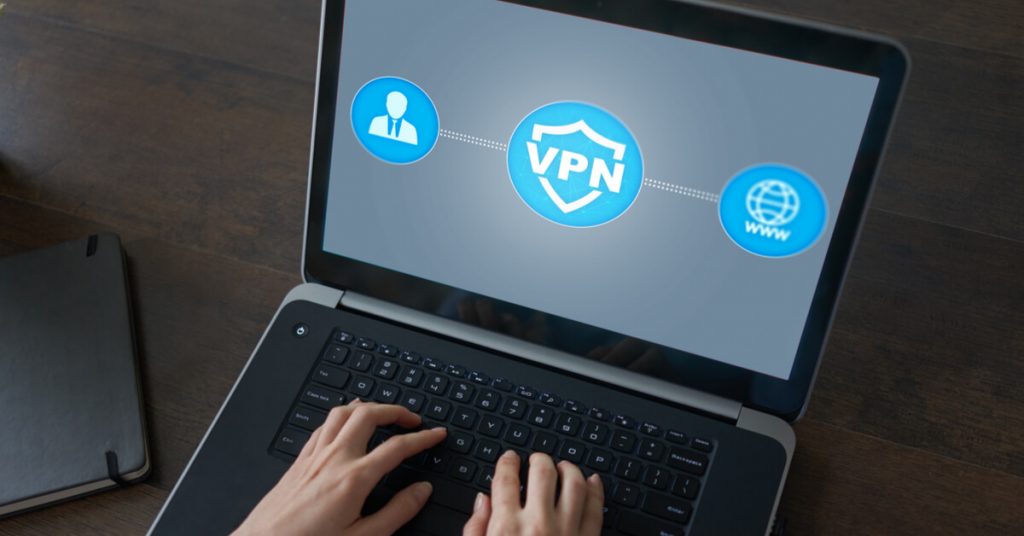Your Quick External Hard Drive Shopping Guide
December 14th, 2020If you’re looking for extra space for your digital files, you have three options.
- Upgrade your computer’s hard drive with a higher capacity drive
- Sign up for a cloud storage subscription plan
- Invest in an external hard drive or drives
In this piece, we’re going to traverse the world of external hard drives and help you determine if this is the best choice for your digital storage needs. We’ll then help you decide what style and size drive to acquire.
External Hard Drive vs. Cloud Storage Subscription
Suppose your laptop or desktop computer’s storage isn’t large enough, and upgrading your storage capacity is out. In this case, you’re likely looking at either a cloud storage subscription plan or a physical external hard drive device.
Cloud Subscription
Pros:
- A third-party company securely guards your digital files at a remote location
- Usually available for a relatively affordable monthly or annual fee
- Easily backup all of your devices to a single account
Cons
- Continous fees for the use of the service (and may increase over time with inflation)
- Digital files may be more vulnerable to interception if not encrypted
- Backup or download speeds dependant on an internet connection
External Hard Drive
Pros:
- A one-time fee to buy instead of monthly fees
- Your data never has to leave your home or office
- Transport all of your data without the need for an internet connection
Cons:
- Susceptible to physical damage or being misplaced while in your possession
- It takes up space on your desk or in your office
- It may not end up being enough space in the long run
I want to buy an external hard drive. What should I look for?
If an external hard drive feels more your speed than a cloud storage subscription, many options are available.
Hard Drive vs. SSD (Solid-State Drive)
There are two types of external drive options—a traditional disk-based hard drive or a solid-state drive (also called an “SSD”). Traditional hard drives store and read data from spinning disks, while SSDs store information on immobile flash memory chips—like the storage chips in your smartphone, tablet, and many newer laptops. Though traditional hard drives tend to be less expensive per gigabyte of storage, SSDs are more resistant to damage due to a lack of moving parts. The lack of moving parts also makes SSDs much more compact.
How much external hard drive storage do I need?
Before shopping for external hard drives, it pays to consider how much storage you need. If you’re a photographer, videographer, or deal in huge files, you will likely need much more storage capacity than the average computer user. While it’s always a good idea to buy a little bit more storage than you think you’ll need, you’ll be able to save some money by purchasing a hard drive more in line with your actual storage needs.
How should I compare prices for external hard drives?
Much like buying groceries, looking at the price-per-quantity is also helpful when shopping for hard drives. Though some external hard drives will be built stronger or with more features, you can get the best price by comparing the cost per gigabyte of storage.
How do I connect my computer or device to my external hard drive?
While the standard means of connecting your computer to your external hard drive is likely via USB cable, newer systems now feature wireless data transfer. These systems allow you to treat your home-based or office-based external hard drive like your own personal cloud. While convenient, it is vital to consider your device’s data security, so no data is ever stolen from your hard drive or mid-transfer. Data encryption programs can help offset this problem.
While shopping for external hard drives, make sure the interfaces (connection styles) are compatible with your devices. If these interfaces are not compatible, hardware adapters will be necessary. This is doable but does require more hardware to acquire and manage.
Should I buy a portable external hard drive or a desktop hard drive unit?
External hard drives usually come in two styles: home-based desktop external hard drives or portable SSDs. If you’re always on the go and need to take your files with you, a pocket-sized SSD will be your best bet. If you’re not quite the adventurer and only need the occasional file backup, a stationary desktop external hard drive with its own power connection may be more appropriate.
Still have questions about expanding your hard drive storage space?
Whether you’d like to increase your computer’s hard drive storage capacity or would like help knowing what to look for in an external hard drive, the Tulsa-based computer repair experts from Geeks to the Rescue can help!












